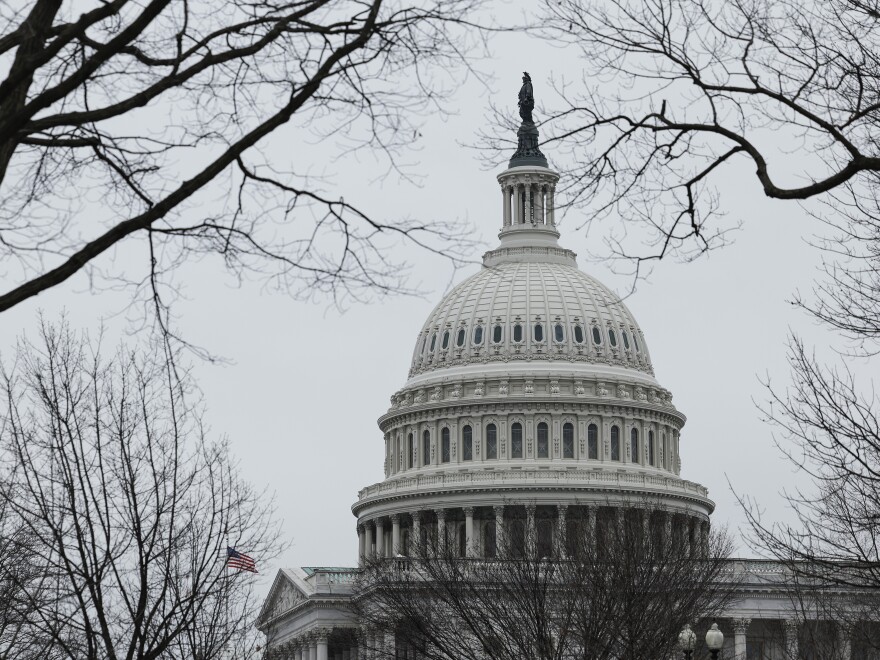The U.S. government will run out of cash to pay its bills sometime between July and September unless Congress raises the nation's $31.4 trillion debt ceiling, the nonpartisan Congressional Budget Office projected Wednesday.
But the agency said the timing remained uncertain, and the government could find itself unable to meet its debt obligations even before July should it face a shortfall in income tax receipts.
The U.S. government must borrow money to pay off its debt, and Congress would need to raise the current debt ceiling to avoid a potentially devastating debt default. But Republicans have said they will not agree to do so unless the government also cuts spending.
The CBO estimate came a day after U.S. Treasury Secretary Janet Yellen warned again that "a default on our debt would produce an economic and financial catastrophe."
Speaking to a National Association of Counties conference, Yellen said a federal default would cost jobs and boost the cost of mortgages and other loans. "On top of that, it is unlikely that the federal government would be able to issue payments to millions of Americans, including our military families and seniors who rely on Social Security," she added.
"Congress must vote to raise or suspend the debt limit," Yellen said. "It should do so without conditions. And it should not wait until the last minute. I believe it is a basic responsibility of our nation's leaders to get this done."
Since Jan. 19, the U.S. Treasury has been taking what it calls "extraordinary measures," temporarily moving money around, to prevent the government from defaulting on its debts. But the Treasury said it expected those measures could only last until early June.
After meeting with President Biden at the White House on Feb. 1, Republican House Speaker Kevin McCarthy said he hoped that he and the president could reconcile their differences "long before the deadline" to raise the ceiling. But McCarthy said he would not agree to a "clean" bill that would only raise the debt ceiling without spending cuts attached.
The ceiling was last raised by $2.5 trillion in December 2021.
Copyright 2023 NPR. To see more, visit https://www.npr.org.



